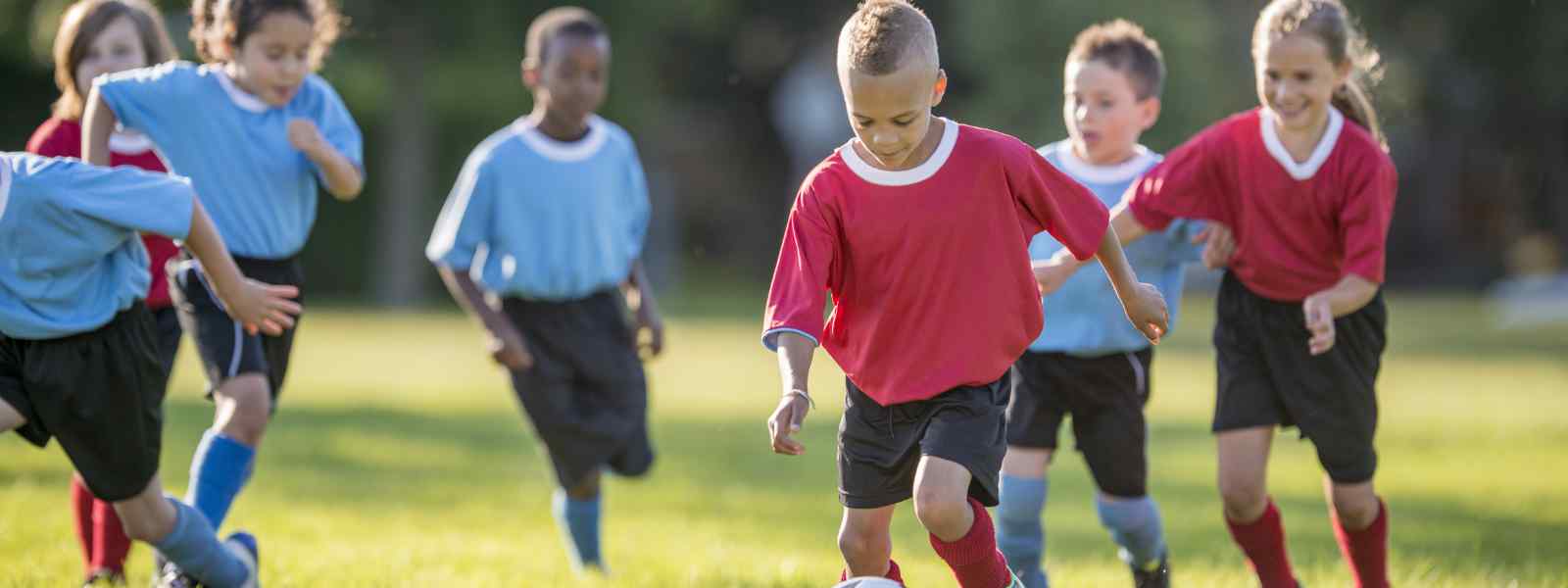
Physical activity and diet policies for children and young people in Scotland “almost certainly” helped to mitigate the effects of the COVID-19 pandemic, according to new research.
But the study warns that better preparation is required for any future pandemic, which is considered inevitable by many experts.
The Active Healthy Kids Scotland Report Card offers an evidence-based, state of the nation assessment of physical activity and health in Scottish children and young people. It uses a rigorous development process to summarise evidence and produce grades for 11 indicators of important health behaviours, health outcomes and key sources of influences on these.
The indicators include: overall and organised physical activity; screen time; active transportation; diet and obesity. The influences include: family and peers; community and environment, and government and policy.
Worse inequalities
The Report Card suggests that socio-economic and/or gender inequalities remain or have worsened for many indicators, although there was only limited Scottish public health data both before and after the pandemic to examine the impact of the pandemic; for many indicators, there were no reliable data pre- or post-pandemic, or both.
The study is based on national surveys carried out in Scotland between 2020 and 2022, along with pre-pandemic grades from the 2021 Report Card. It is led by the University of Strathclyde, in collaboration with the Universities of Stirling and Aberdeen.
Dr Farid Bardid, of Strathclyde’s Institute of Education, a partner in the study, said:
Socioeconomic inequalities remain, with more individuals from least deprived areas participating in organised sport and physical activity programmes compared to those from most deprived areas.
“There was also a widening of the gender gap in physical activity between boys and girls aged from 11 to 15 post-COVID.”
More positively, the Report Card finds that Scotland’s Play Strategy Review was successful, as was the Play Spaces Renewal Policy. For diet, measures such as the Coronavirus Food Fund and the extension of Free School Meals Programme were also successful.
Dr Simone Tomaz, of Stirling’s Faculty of Health Sciences and Sport, said: “The success of these policies and programmes was mainly because they were resourced well and implemented properly– these almost certainly mitigated some of the effects of the pandemic on our children and young people.”
Research and national surveys in many other countries showed that children and young people experienced much lower physical activity, much higher screen time, higher body fatness and lower physical fitness during the COVID-19 lockdowns.
However, Professor John Reilly, of Strathclyde’s Department of Psychological Sciences and Health, said: “We lack equivalent public health monitoring for Scotland, which makes it hard to discern the full extent of COVID-19 impacts nationally.
“We need better monitoring of physical activity and health of children and young people in Scotland if we are to fully understand COVID-19 collateral harms to them, and to minimise those harms during future pandemics.”
Active Healthy Kids Scotland Report Cards have been published since 2013 and are part of Active Healthy Kids Global Alliance and its Global Matrix initiative, a network of report cards from more than 70 countries.